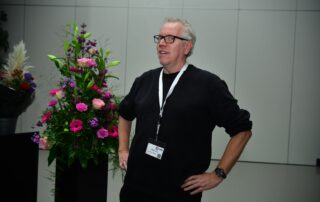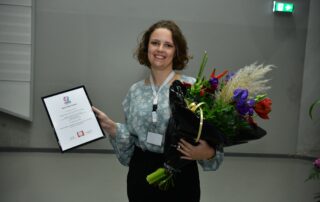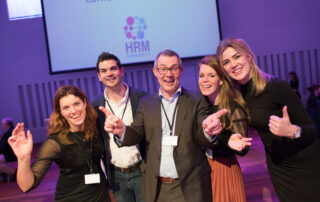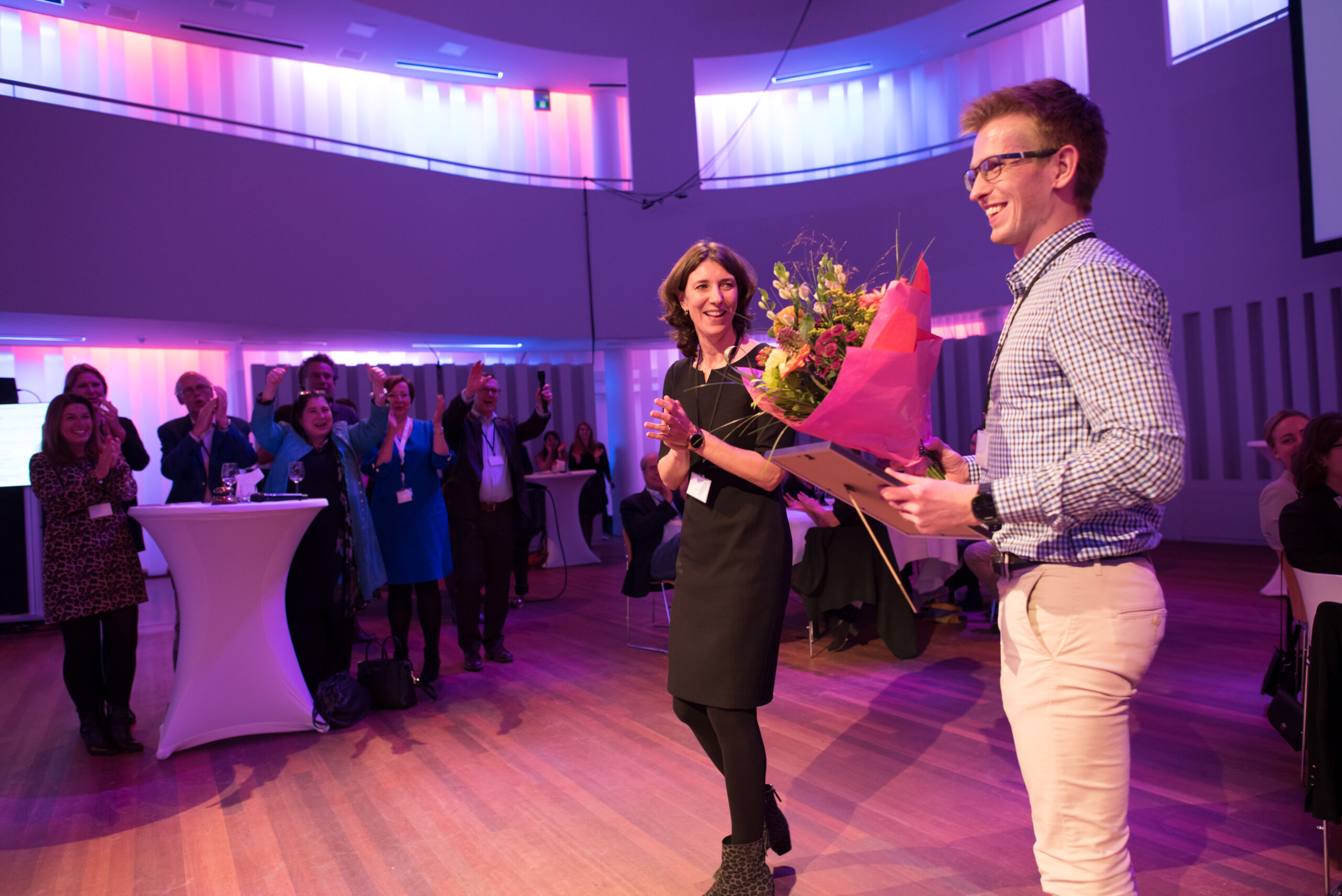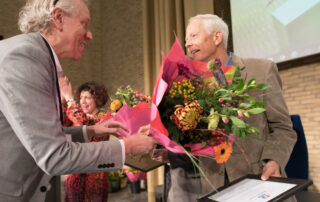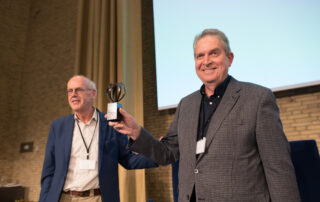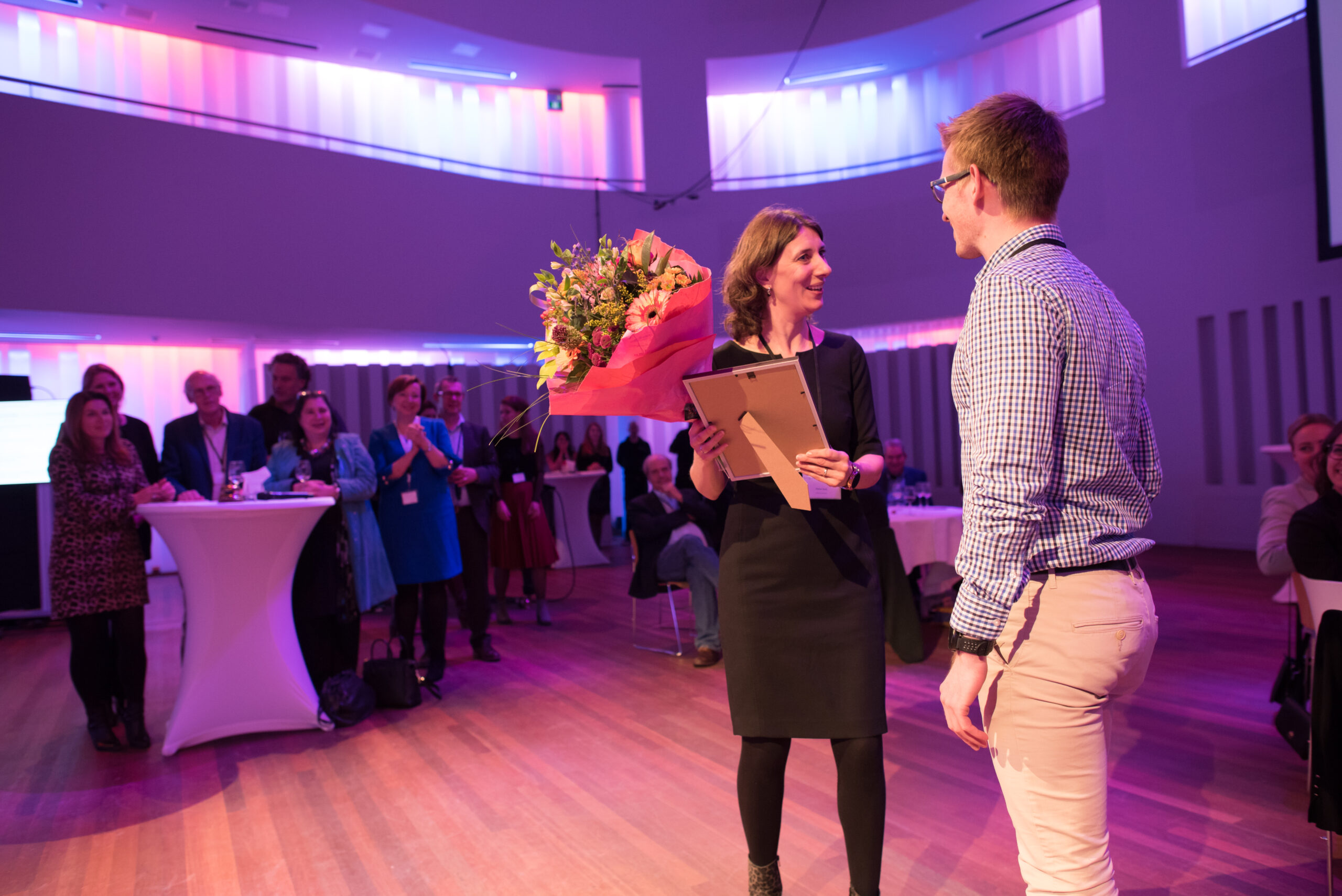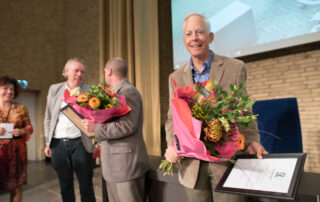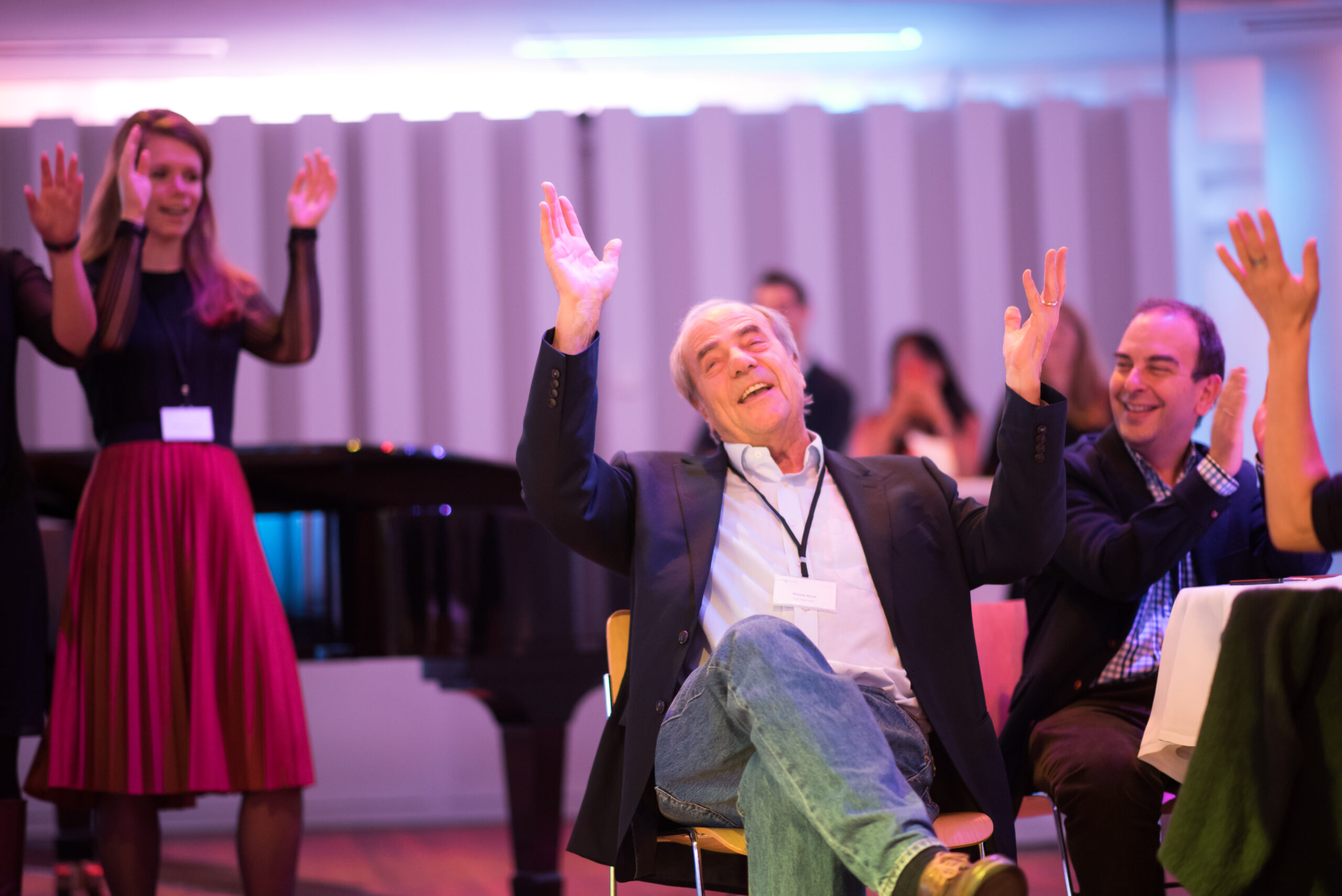Awards & Recognition

Awards & Recognition
The Awards
At each Dutch HRM Network Conference three awards are presented by the Dutch HRM Network to those, who in the preceding two years before the conference were among the best in their discipline, according to the Dutch HRM Network. These Awards include:
- HRM Award: This award is the oldest of three awards and is presented to an individual who has made an outstanding contribution to the HRM field.
- Best Paper Award: This award is presented to the author(s) who wrote the best paper within the field of HRM.
- Best Dissertation Award: This award is presented to the author with the best dissertation within the field of HRM.
- HRM Network Lifetime Achievement Award: This award is awarded to the person, who has devoted his/her life to HRM and has had a significant, outstanding role in the development of HRM. Till now, this award is awarded once to David Guest (King’s College London) in 2018.
Information about this year’s awards procedure can be found here.
The Winners
HRM Network Award
- 1999: David Guest (King s College, London)
- 2001: John Purcell (Bath University) and Peter Boxall
- 2003: Keith Sisson (Warwick University)
- 2005: Jaap Paauwe (Tilburg University)
- 2007: Patrick Wright (Cornell University)
- 2009: Luc Sels (KU Leuven)
- 2011: Sara Rynes (University of Iowa)
- 2013: Paul Jansen (VU Amsterdam)
- 2015: Riccardo Peccei (King’s College London)
- 2017: Deanne Den Hartog (University of Amsterdam)
- 2019: Peter Boxall (University of Auckland)
- 2022: Paul Boselie (Utrecht University)
HRM Best Paper Award
2005: Helen Shipton, Doris Fay, Michael West, Malcolm Patterson & Kamal Birdi for their paper entitled ‘Managing people to promote innovation.’
2007: Jeroen Delmotte, Sophie De Winne, Caroline Gilbert & Luc Sels for their paper entitled ‘Comparing line managers’ and trade union representatives’ assessments of HRM system strength.’
2009: Tanya Bondarouk & Rainer Harms for their paper entitled: ‘Exploring the contribution of E-HRM appropriation to the HRM service quality: Quantitative results from a public organization.’
2011: Karina van de Voorde & Susanne Beijer: ‘HRM and employee well-being: The role of employee attributions.’
2013: Steven Kilroy, Patrick Flood, Janine Bosak & Denis Chênevert: ‘Perceptions of High Involvement Work Practices and Burnout: The Mediating Role of Job Demands’
2015: Sarah Vansteenkiste & Marijke Verbruggen: ‘Escaping Underemployment after becoming unemployed: the role of job search behaviour’
2017: Marco Guerci, Adelien Decramer, Thomas Van Waeyenberg and Ina Aust for their paper entitled: ‘Moving beyond the link between HRM and economic performance – A study on the individual reactions of HR managers and professionals to Sustainable HRM’
2019: Jeffrey Moore, William Hanson, and Everon Maxey for their paper entitled: ‘Beyond inclusion: Team impact of hiring people with disabilities at Sephora and Walgreens’
2022: Madleen Meier-Barthold and Torsten Biemann for their paper entitled: ‘Signaling Effects of Women’s Quotas: An Analysis of Workforce Perceptions and Reactions’
Best Dissertation Award
- 2007: Sophie De Winne for the PhD thesis entitled: ‘Exploring terra incognita: human resource management and firm performance in small and medium-sized businesses.’
- 2009: Matthijs Bal for the PhD thesis entitled: ‘Age and psychological contract breach in relation to work outcomes.’
- 2011: Dorien Kooij: ‘Motivating Older Workers. A Lifespan Perspective on the Role of Perceived HR Practices.’
- 2013: Hannes Leroy: ‘On being true to oneself at work: The positive role of authentic functioning in organizations’
- 2015: Maria Christina Meyers: ‘From essence to Excellence a strengths-based approach to talent management’
- 2017: Evgenia Lysova for the PhD thesis entitled: ‘What does your career mean to you?’
- 2019: Maarten Renkema for the dissertation with the title: ‘Innovating HRM for Employee-Driven Innovation: A Multilevel Perspective’
- 2022: Emma Raets for the PhD thesis: ‘ Understanding Intentional Secrecy and Transparency in the Context of Idiosyncratic Deals’

